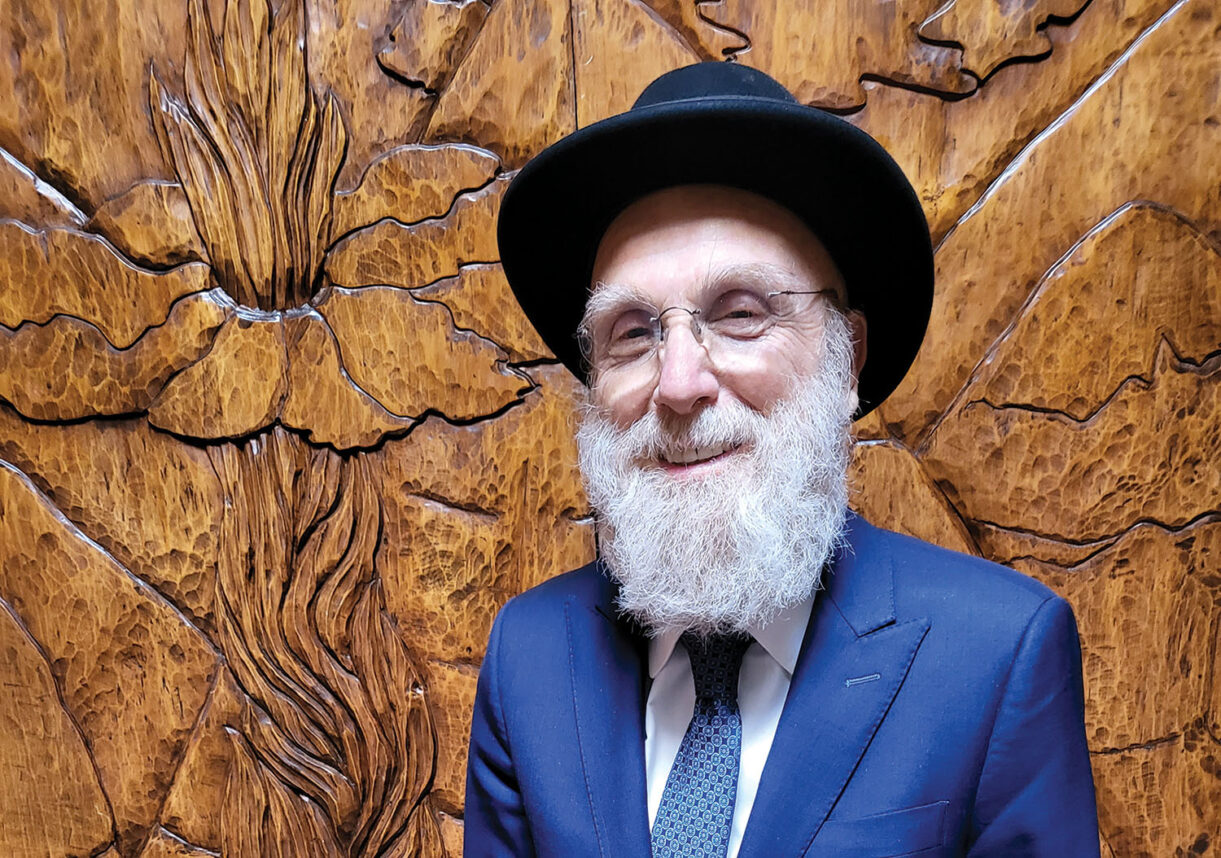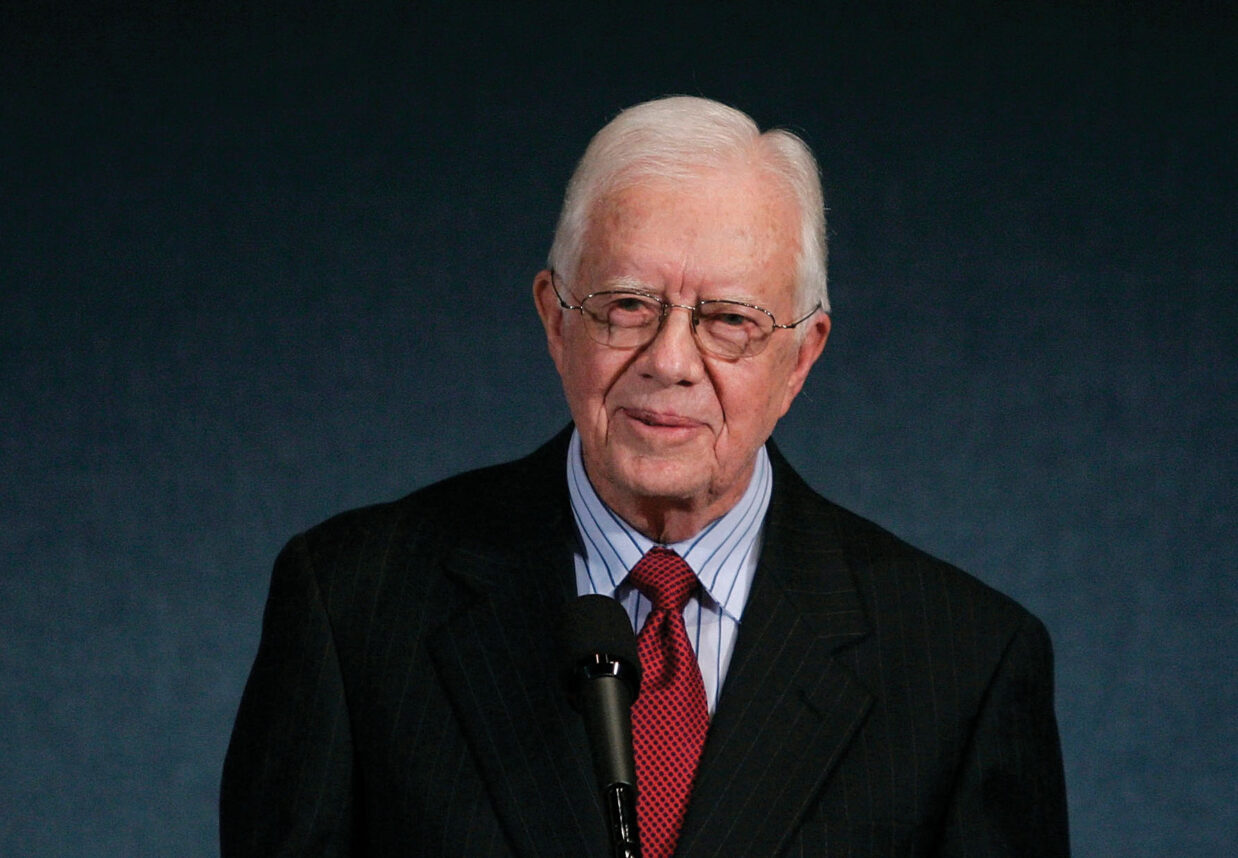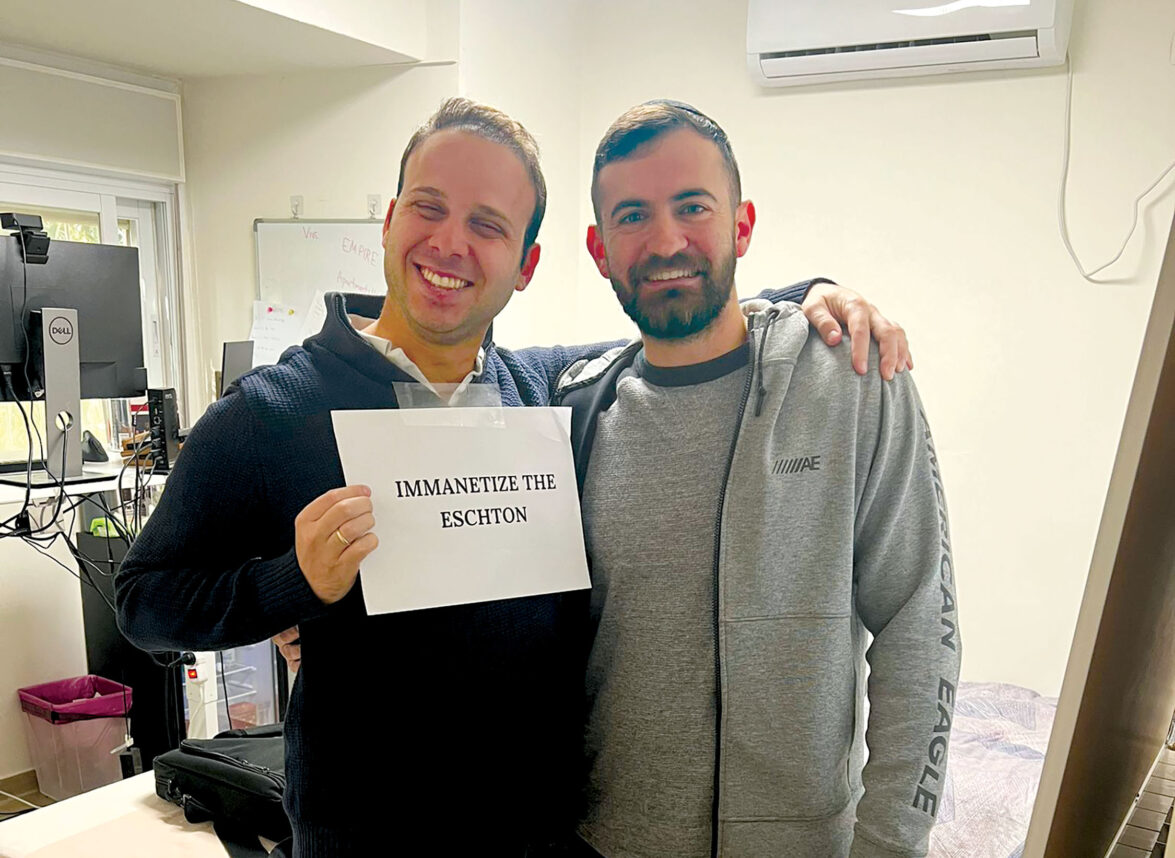It may come as no surprise that the most interesting character in the documentary “Weiner” is not its titular character, former Congressman Anthony Weiner (though he continues to titillate), but rather his exotic wife, Huma Abedin.
Just before the film premiered at the Sundance Film Festival in January, where it went on to win the Grand Jury Prize in the documentary category, a New York Times review fixated on Abedin, describing her as “steely,” “hurt,” “hostile” and “flat.”
They weren’t flattering words, and yet, they somehow fit into a portrait of Weiner’s train-wreck mayoral campaign, which ended in disgrace when he was once again caught sexting with young women online. What wife wouldn’t be steely, hurt and a little bit hostile?
The preoccupation with Abedin inspired me to write a column about the unfair scrutiny and judgment foisted upon political wives in the aftermath of their husbands’ transgressions. Certainly Abedin’s boss, Hillary Clinton, can relate to that.
[Q-and-A with filmmakers of “Weiner”]
But now that I’ve seen the documentary, which opens in theaters May 20, I am less concerned about the focus on Abedin and more concerned with how that focus might damage her.
It is not a far stretch to imagine that Abedin, who has been Clinton’s “shadow,” “body woman,” “right hand,” “traveling chief of staff” and “second daughter” since 1996, when she first interned in the first lady’s office, could become someone very significant in a potential Hillary Clinton administration. Perhaps, the country’s first female chief of staff.
But now, seeing her up close and out of sorts, I worry “Weiner” could change that.
A few weeks ago I spoke to a former adviser to the Bill Clinton administration who knows Hillary and Huma fairly well. He had not yet seen “Weiner,” but had heard about it. And he worried that the invasive look inside Weiner disaster No. 2 could call Abedin’s judgment into question. Why would such a savvy, competent woman support her husband’s risky mayoral run? Why would she personally and professionally stand by a man who is so wholly narcissistic, perhaps even sociopathic, as to be completely detached from the potential consequences of his actions and the pain he causes those around him?
Choosing to document Weiner’s anticipated comeback may have seemed like a good idea at first, helped by the fact that Josh Kriegman, one of the doc’s directors, is Weiner’s former chief of staff — and a friend. But why, oh why, once things went south, did Abedin allow the cameras to linger? Why did she permit a prying lens during what had to have been one of the most difficult periods in her life?
When I interviewed filmmakers Kriegman and Elyse Steinberg in Los Angeles earlier this week, I asked them.
“It’s a great question,” Steinberg said. “Toward the end of the film, we ask Anthony, ‘Why did you allow us to film?’ and he says he wanted to be viewed as the full person he was, and not as a punch line. And I think the same is true for Huma. She was reduced to a caricature, and there was a lot of judgment against her, and I think there was a hope that this film could offer a more complete and fair picture. You get to see her as a multifaceted person.”
You also get to see her looking wounded, helpless and vulnerable — a regal and well-dressed trapped animal. I can’t imagine these are images Abedin wants the world to see. But the filmmakers insist the film could be good for her.
“You get to see a full picture of her, a more nuanced portrait,” Steinberg said. “You get to see them as a relatable couple, living in New York, raising a kid.”
A relatable couple? Anthony and Huma? Please.
“People are free to judge however they want,” Kriegman jumped in. “But the intention with the film is to call into question those judgments and acknowledge that there’s more to these stories than we learn from tabloids and headlines. If the film is just seen as more fodder for judgment, I think that’s missing the point.”
I asked if they thought Abedin sees the film as positively as they do.
“I don’t know,” Kriegman said. “She hasn’t seen the film. We offered to show the film to Anthony and Huma many months ago and they said ‘No.’” (Other sources dispute this.)
I asked the filmmakers if it feels a little odd to them that a documentary born out of friendship and trust, for which they were granted intimate access to their subjects, and which they believe presents positive elements such as “nuance,” “complexity” and “humanity,” is the same documentary its subjects do not wish to see?
“Anthony has said he’s not eager to relive it,” Kriegman admitted.
With Weiner out of politics, though, it’s Abedin who will have to deal with any residual consequences of letting in cameras. I asked the filmmakers if they feel any guilt, or regret, or responsibility for the fact that this was supposed to help him, but could ultimately harm her.
“We’re proud of the film that we’ve made,” Kriegman said. “We really feel like we’ve done our best to show them as full people … to present what we saw in a way that felt fair and authentic and real. If the only things to come out of this film are headlines lambasting Huma, that’s a real shame. That’s not what we hoped [for].”
Of course, what ultimately happens to Abedin is not up to Kriegman or Steinberg — it’s up to Hillary Clinton. Let’s hope a woman who has been subjected to similar public punishment will not penalize a deserving acolyte for the overexposure of her husband’s improprieties.
Danielle Berrin is a senior writer and columnist at the Jewish Journal.























 More news and opinions than at a Shabbat dinner, right in your inbox.
More news and opinions than at a Shabbat dinner, right in your inbox.